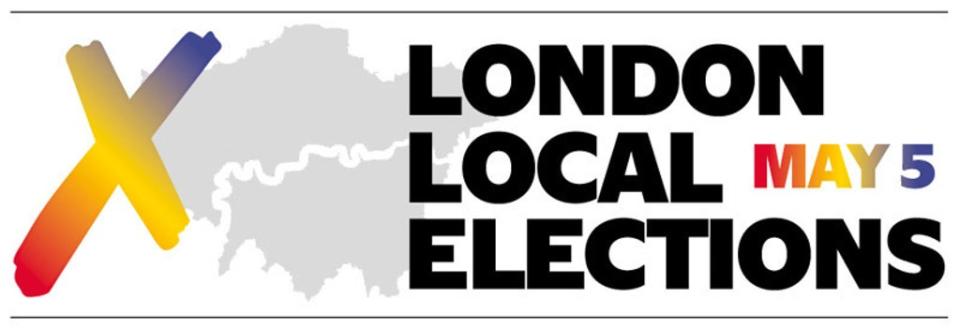London elections 2022: Labour holds Brent

Labour has held on to Brent council after the borough’s voters went to the polls.
Labour has always traditionally held Brent, though resignations and controversy in recent years may have led to a more tricky election this time around.
But the party held on comfortably with 50 seats, while the Conservatives won five seats and the Liberal Democrats won three.
Find our coverage leading up to the election results below.
Key Issues
Across London, Labour will be hoping to capitalise on voter unease over issues such as partygate and the cost of living crisis.
But despite a strong showing for Labour in the 2018 election which saw the party take 60 of Brent council’s then 63 seats, a series of resignations and subsequent by-elections saw a significant share of votes swing to other parties.
Four by-elections took place in 2020 following the resignations of four Labour councillors – one of which occurred under controversial circumstances. One of the seats would be lost to the Liberal Democrats while the remaining three were retained, though Labour saw swings of between 12 and 25 per cent against it.
Other parties hoping to make ground in Brent this time round may try and capitalise on the council’s decision to increase council tax by 2.99 per cent. Along with the Mayor of London increasing his share of council tax, the average Band B bill will have increased by around £70 a year.
Sadiq Khan’s decision to expand the Ultra-Low Emission Zone to include parts of Brent may also factor into voters’ decisions when they head to the polls.

Details
Brent London Borough Council has largely remained under Labour control since its formation in the mid-1960s. The Conservatives had a majority for one term from 1968 to 1971 and no party had a majority large enough to gain overall control on three separate occasions: from 1982 to 1986, 1990 to 1998 and 2006 to 2010.
The borough was named London Borough of Culture in 2020, receiving a grant of £1.35 million from City Hall to deliver a year of cultural events and initiatives.
Labour has remained in control of the council since 2010, winning 60 seats in the 2018 election while the Conservatives won three. Labour’s overall share of the vote increased by nearly 11 per cent on the previous election while the Conservatives also saw a 1.9 per cent swing their way. The Lib Dems, Greens and UKIP all saw their vote share drop significantly.
Like many other boroughs in London, Brent was subject to a review by the Local Government Boundary Commission last year. As a result of that review, the number of wards in Brent will increase to 22 but the total number of seats on the council will be reduced to 57.
In late 2019, three Labour councillors from two wards all resigned within one week of each other, all of them citing personal reasons.
Just days after the third resignation, a fourth Labour councillor – solicitor James Allie – also resigned amid controversy that he had allegedly purchased a £500,000 house using money from the estate of a dead woman which he had been appointed executor of. Mr Allie was reportedly suspended from the party.
The by-elections for all four seats were held in January 2020. Mr Allie’s seat was lost to Liberal Democrat candidate Anton Georgiou, while Labour retained the other three albeit with reduced majorities.
In February 2022, Brent council agreed a 2.99 per cent increase to council tax bills – the maximum allowed by the Government before a referendum must be called.
Demographics
Brent has a population of around 327,800 according to 2020 estimates from the Office for National Statistics.
The borough is home to one of the most ethnically diverse populations in the capital. City Hall estimated in 2020 that around 34 per cent of Brent’s population was Asian or British Asian. Black British, African and Caribbean residents make up 17 per cent of the population, while White minority groups make up 16 per cent. Brent’s White British population is estimated to be around 16 per cent.
The population of Brent is relatively young, with a median average age of 36, lower than the average for England which is 40.
Working aged people between 18 and 64 make up 63 per cent of Brent’s total population. Children aged 17 and younger make up 23.8 per cent, while those above retirement age represent 12.8 per cent.
According to Trust for London, the poverty rate in Brent is worse than average, with around 33 per cent of the population living in poverty. Child poverty is around 40 per cent. The unemployment rate in the borough is around 5.9 per cent which is considered average.

 Yahoo Movies
Yahoo Movies 
